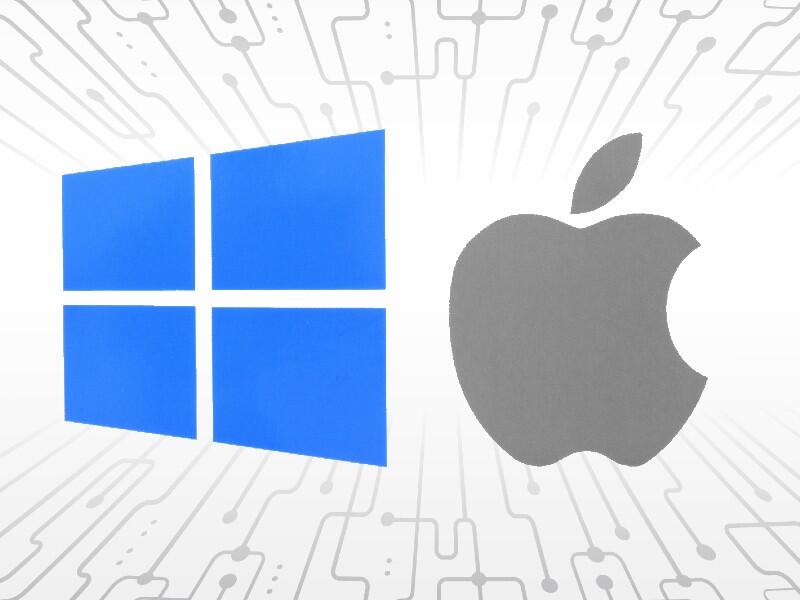How Agriculture Solar Panels Enhance Crop Yields
This article explores how agriculture solar panels contribute to higher crop yields, their economic benefits, and how they support sustainable farming.

Agriculture is undergoing a major transformation, with farmers increasingly adopting renewable energy to boost efficiency and reduce costs. One of the most promising advancements in this shift is agriculture solar panels, which provide a sustainable, cost-effective, and reliable energy source for farms.
By integrating solar power into farming operations, farmers can improve irrigation, optimize climate control, and increase overall crop productivity. This article explores how agriculture solar panels contribute to higher crop yields, their economic benefits, and how they support sustainable farming.
Why Agriculture Needs Solar Power
Traditional farming methods often rely on fossil fuels or grid electricity, leading to high operational costs and environmental concerns. Solar energy provides a clean and efficient alternative, helping farmers optimize land use and ensure consistent energy availability.
Challenges in Conventional Farming
-
Unreliable Electricity Supply: Many rural farms lack stable power, affecting irrigation and storage systems.
-
Rising Fuel Costs: Diesel-powered irrigation and farm equipment add to production expenses.
-
Climate Change Impact: Extreme weather conditions make it harder to maintain ideal farming conditions.
By adopting agriculture solar panels, farmers can overcome these challenges and create a more resilient agricultural system.
How Agriculture Solar Panels Improve Crop Yields
Efficient Irrigation Systems with Solar Power
Water management is critical for farming, and many farms suffer from water scarcity or inefficient irrigation. Agriculture solar panels provide a dependable energy source for running irrigation pumps and automated watering systems.
-
Solar-Powered Drip Irrigation: Delivers water directly to plant roots, reducing evaporation and maximizing moisture absorption.
-
Smart Irrigation Controllers: Solar-powered sensors monitor soil moisture levels and adjust irrigation schedules accordingly.
With precise water management, crops receive adequate hydration, preventing drought stress and enhancing growth.
Optimizing Temperature and Climate Control
Extreme temperatures can negatively impact crop development. Solar-powered ventilation, shading structures, and greenhouses help regulate microclimates, ensuring better growing conditions.
-
Solar-Powered Greenhouses: Maintain optimal temperature and humidity for high-value crops year-round.
-
Cooling and Heating Systems: Solar fans and heaters protect crops from extreme heat or frost.
By stabilizing temperature and humidity levels, agriculture solar panels enable consistent crop production.
Enhancing Soil Health with Solar Farming
Soil quality directly affects crop yields. Agrivoltaic farming, which combines solar panels with agriculture, benefits soil health in multiple ways:
-
Prevents Soil Erosion: Solar panels provide partial shading, reducing wind and water erosion.
-
Improves Moisture Retention: Shaded areas retain more moisture, promoting soil fertility.
-
Encourages Biodiversity: Pollinator-friendly plants can grow beneath solar panels, supporting ecosystem health.
With healthier soil, farmers can achieve higher and more sustainable crop yields.
Economic Advantages of Agriculture Solar Panels
Lowering Energy Costs
One of the main reasons farmers switch to agriculture solar panels is cost savings. Traditional energy sources are expensive and unpredictable, while solar energy provides a free and renewable power supply.
-
Eliminates High Electricity Bills: Once installed, solar panels generate free electricity for decades.
-
Reduces Fuel Dependency: Solar-powered irrigation eliminates the need for diesel-powered pumps.
-
Government Incentives: Many countries offer tax credits, subsidies, and grants for agricultural solar projects.
Increasing Farm Profitability
Higher crop yields directly translate to increased revenue. By ensuring uninterrupted irrigation, climate control, and efficient energy use, solar-powered farms can maximize their production output.
Additionally, farmers can sell excess solar energy back to the grid through net metering programs, creating an additional income stream.
Dual-Use Solar Farming: Maximizing Land Utilization
Many farmers worry about land space when considering solar installations. However, agriculture solar panels can be integrated with crops or livestock farming through agrivoltaics.
Benefits of Agrivoltaics
-
Shade-Tolerant Crops Thrive: Certain crops, like lettuce and berries, grow well under partial shading from solar panels.
-
Livestock Protection: Animals benefit from shade and cooler temperatures under solar arrays.
-
Maximizing Land Productivity: Farmers generate both crops and electricity from the same land area.
Agrivoltaics is an innovative approach that ensures solar energy and farming coexist effectively, boosting both crop yields and energy generation.
Overcoming Challenges in Solar-Powered Farming
Despite its benefits, some barriers slow down the adoption of agriculture solar panels.
High Initial Investment
Although solar panels reduce costs in the long run, the upfront investment can be expensive. Fortunately, financing options like low-interest loans, leasing programs, and government subsidies help offset costs.
Maintenance and Durability
Solar panels require regular maintenance to operate efficiently. Dust, bird droppings, and debris can lower performance, so routine cleaning and inspections are necessary. However, with proper upkeep, agriculture solar panels can last over 25 years.
Integration with Existing Farm Infrastructure
Some farms may need system upgrades to integrate solar power with existing irrigation and electrical systems. Working with solar energy experts ensures smooth installation and compatibility with farm operations.
DSG Energy is transforming the agricultural sector in Pakistan by integrating agriculture solar panels into modern farming practices. Through advanced grid-tied solar system installations, the company enables farmers to harness renewable energy for irrigation, climate control, and overall farm efficiency. By reducing reliance on conventional power sources, DSG Energy helps enhance crop yields, lower energy costs, and promote sustainable farming. Their commitment to renewable solutions not only improves agricultural productivity but also supports a cleaner, more reliable energy future for Pakistan’s farming communities.
Future of Solar Energy in Agriculture
With advancements in solar technology, the agricultural sector is set to benefit even more from renewable energy. Innovations such as floating solar panels for irrigation ponds and AI-powered smart farming solutions will further enhance efficiency.
As more farmers embrace agriculture solar panels, the industry moves towards a more sustainable, profitable, and resilient future. By leveraging solar power, agriculture can meet global food demands while reducing environmental impact.
Solar-powered farming is no longer just an alternative—it is the future of modern agriculture. Farmers who invest in agriculture solar panels today are securing a productive and sustainable tomorrow.
What's Your Reaction?
















